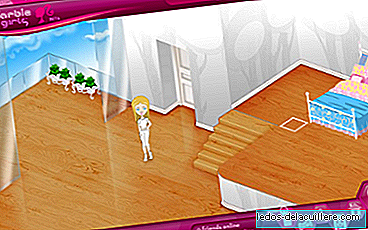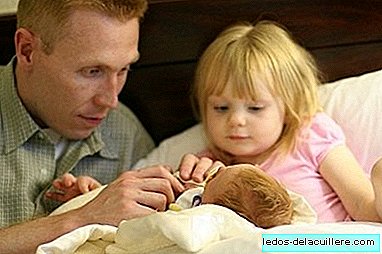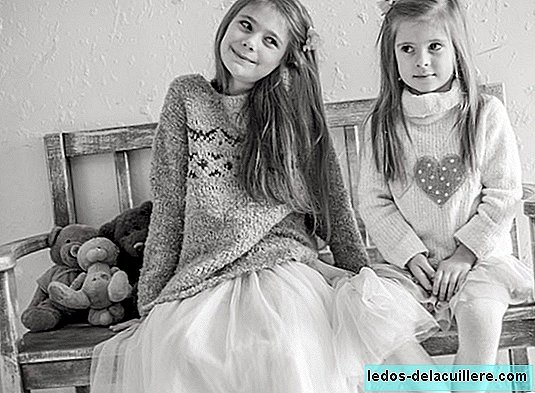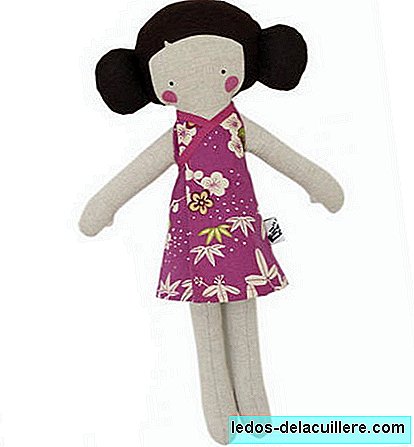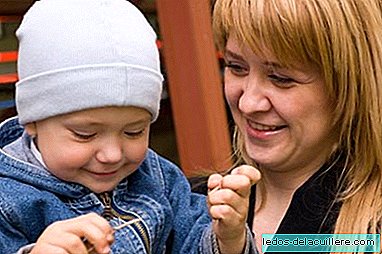
Any solution that helps today's busy parents organize family life is welcome, so I want to tell you about A very interesting alternative for the care of the little ones: the au pair.
A friend with three children told me that she has one at home and I wanted to find out what it is to inform you.
An au pair (we usually talk about girls, but they can also be boys) is a young woman of different nationality who wants to learn or improve the Spanish language and learn about our culture living with a Spanish family.
The nationalities participating in the Au Pair Program come mainly from all over Europe, the United States and Canada, must be over 18 years old and most speak English as a second language, so that the whole family can practice it daily if they live with an au pair at home.
In exchange for housing the young woman at home and living with her as if she were a member of the family with her own room and full board, she collaborates with the family taking care of the children during certain weekly hours. There are two options: 5 hours for 6 days or 6 hours for 5 days a week. The rest of the time is for her, she is free to do what she wants (going out, studying, walking). If the first option is agreed, you have the right to one day off per week, with the second to two days off, usually on the weekend.
It does not have an employment relationship with the family, but it is a provision of services framed in the European Treaty on Au-Pair.
The work he does is basically focused on children such as taking them and picking them up from school, helping them with languages, taking care of them for a few hours, ironing their clothes, preparing simple meals, etc. Its function is not that of an assistant but that of someone who collaborates in the care of children.
If we are happy and confident, the au pair can also take care of children at night two or three times a week, but with one condition: never on consecutive days. Keep in mind that it is a young girl; if we ask her to take care of the children on Friday night, she leaves on Saturday (if she wants, of course).
In exchange for their collaboration, the au pair receives pocket money from the family depending on where they live. It is a figure set by the Au Pair Program at 65 euros per week when the family lives in the city center and 75 euros per week when they live outside. For its part there is an Au Pair Plus Program with the same conditions as I explained before but with 8 hours of work daily from Monday to Friday in exchange for 95 euros per week for families living in the center and 105 for those living in the outskirts.
Of course, it is an interesting alternative to consider for the care of children. While she gives us a hand at home, the exchange enriches the children culturally.


